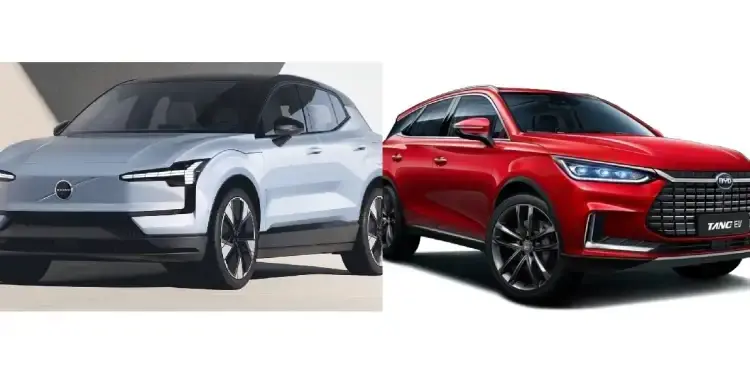The launch of the Chinese brand byd in Tunisia, long awaited, finally took place yesterday. This delay, attributed by byd representatives to the jealousy of competitors, raises questions about the aggressive commercial strategies of the Chinese firm.
Byd is known for its particularly competitive price policy, sometimes bordering on dumping, with prices close to production costs. This approach aroused reactions in Europe, where Brussels imposed customs duties of 38% on Chinese electric vehicles.
Investigators of the European Commission discovered in China a chain of production of electric cars massively subsidized by the central government, the regions and the provinces.
When it was launched, Byd presented five models, some of which seem a bit dated. The most efficient, the byd Tang EV, displays an acceleration from 0 to 100 km/h in 4.6 seconds, for a price around 230,000 Tunisian dinars.
However, Volvo Tunisia has taken short its Chinese competitor by organizing, the day before, a sumptuous presentation of its new compact 100% electric SUV. This model is distinguished by its impressive performance, with an acceleration from 0 to 100 km/h in just 3.6 seconds, and a starting price set at 124,000 Tunisian dinars.
This Volvo maneuver illustrates the intense competition on the emerging market of electric vehicles in Tunisia, where traditional manufacturers seek to maintain their position in the face of the arrival of new Chinese players.








